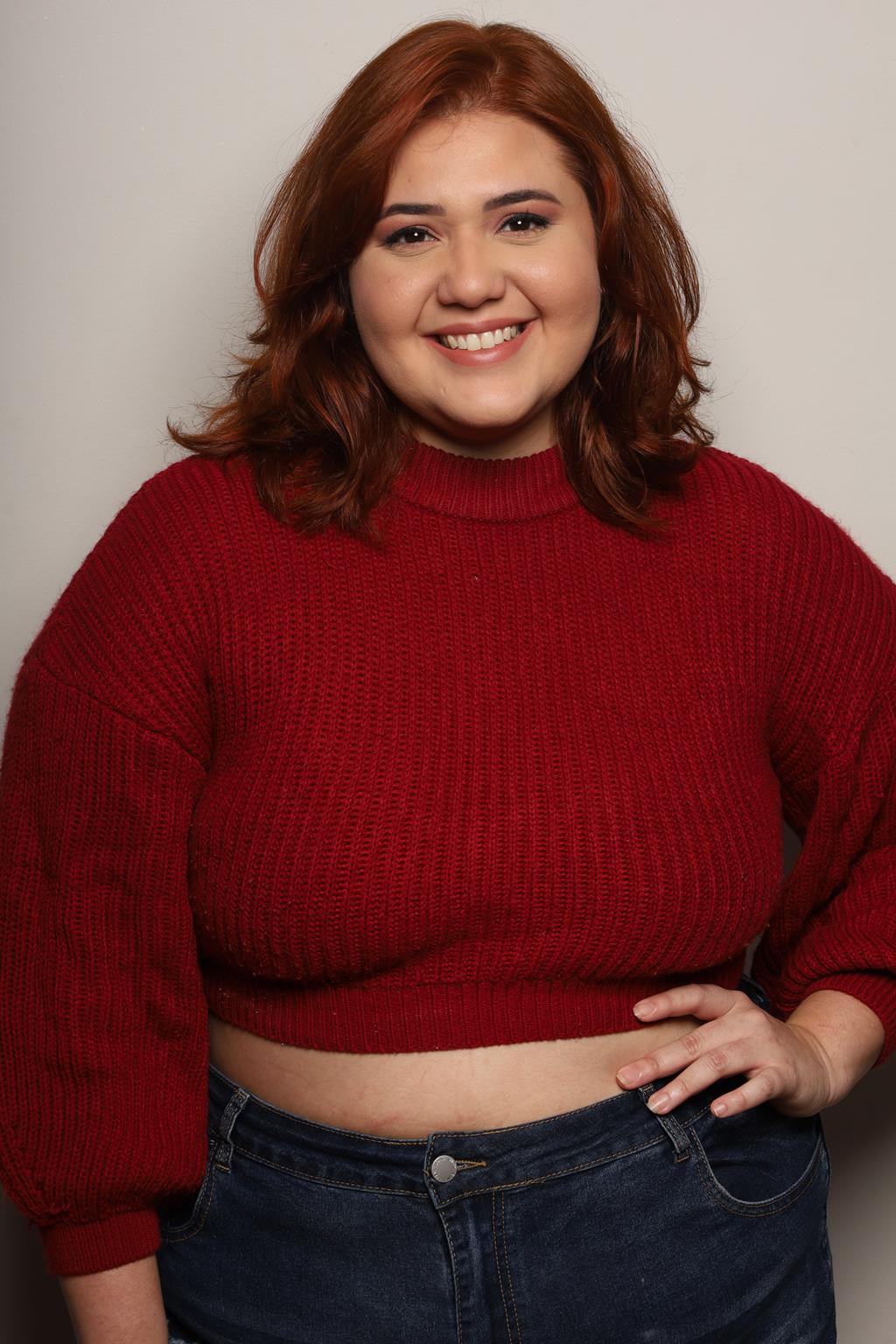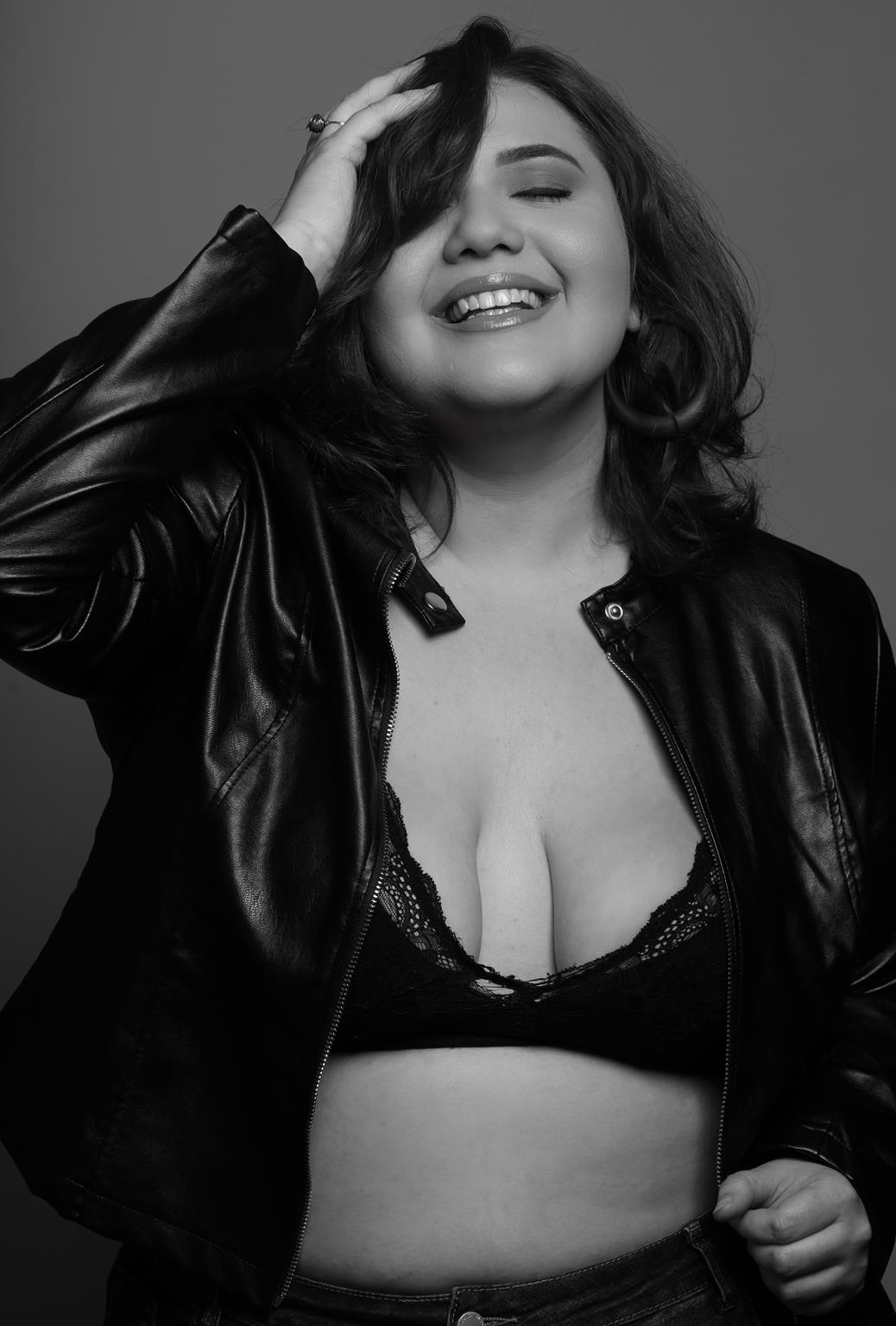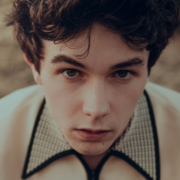The third and final season of “De Volta Aos 15”, a teen hit inspired by the books by Bruna Vieira, has just premiered on Netflix with new additions to the cast. Among the highlights is the actress from Pará, Amanda Linhares , 26, who makes her debut in the audiovisual industry as Rafa, the fun boss of the empresses. Despite being a newcomer to the screen, Amanda brings solid experience from the theater, where she has a degree and a master’s degree in acting, having already acted and taught. Now, she uses her visibility to raise the flag of body acceptance and plans new projects in cinema and on stage.
What was it like for you to debut in the audiovisual industry with such an irreverent character as Rafa in De Volta Aos 15? What were the biggest challenges?
It was an event to bring to life a character so full of herself, carrying the representation of a young fat woman who exists without stereotypes. I believe that I am entering a very opportune moment in cinema, in which diversity is necessary and finally taking a space that has long been hers. The biggest challenges, however, are related to this contradiction: how to bring to life a great, comical character, but without falling into the stereotypes that we try so hard to escape? Constructing and especially letting Rafa happen was a daily discovery. But over the last few years, I have developed an idea that if you “resolve” the character, that is, give her all the solutions and answers, it is putting an end to the infinite opening of possibilities that can be experienced. When I understood this in the audiovisual, actually playing Rafa became more and more of a pleasant surprise.
Rafa has an assertive and organized personality, characteristics that you mentioned sharing with her. How did these similarities help in the construction of the role?
Interestingly, these are characteristics of mine that I discovered as an adult, in the same way that I became more introverted and reserved. It’s new to me. Being on set and looking for similarities with a character is always a deep look into oneself, so the exercise done with characteristics that I’m “still getting used to” about myself was a discovery, an exchange; I learned a lot from Rafa. More than “borrowing” things from Amanda, she brought me more confidence, less concern for other people’s opinions and peace with my own big thoughts.
You highlighted a specific scene in the fifth episode that showed a more complex side of Rafa. Can you tell us more about that scene and what it was like to act in that moment of emotional exhaustion?
The scene where Rafa expels Anita from the student house happens to end the loop, after several exhausting situations for all the characters. Rafa’s situation there, initially, is of not feeling heard, understood, in fact feeling that there is care for everything around her and not receiving anything in return. Realizing this during the loop helped me to truly experience and feel everything.
The monologue for the month-long anniversary of the dishes, delivered to practically the entire cast in the kitchen, was a moment for me to let go of many of my shames and insecurities. I see it as a joke, in the truest sense of the word: to joke, we make ourselves available to live a situation with all truth and viscerality for a given moment. Being able to do this was a challenge and a gamble, because I still had many doubts about how my expressions and “legacy from theater”, which were very recent, would appear on camera. But in fact, letting go of my ego, even though it took a lot of effort at that moment, was what helped me to do a scene that I really liked the result of. I remember it was so intense that I went down to lunch “angry”, still with my body hot with energy. It was interesting to feel that. I felt like the actress I always wanted to be.

Acting alongside names like Maísa and João Guilherme, what was the experience like of working with an already established cast and at the same time building new dynamics with your character?
Everyone welcomed me very well and was very receptive when I wanted to talk about the character or the dramaturgy. I felt very welcomed as a professional and in the plot! With all the solitude that exists in the construction of a character, realizing the integration from the plot is also very valuable, and this really happened from the beginning. It was a beautiful journey.
In addition to your acting talent, you use your visibility to raise awareness of body freedom. How has this representation impacted you and your followers?
I like to say that body freedom goes far beyond “yay, I’m plus size” or “yay, I’m standard”. Body freedom is being able to be and transform yourself into whatever you want, without anyone watching you or having to justify yourself for having gained or lost weight. I think that sucks. I think everyone should have the right to live their body, no matter how it is, because everything is ephemeral.
I believe that my way of communicating with people who somehow like my work or content is by being honest about who I am and what I think. I’m not the kind of person who shows every step of their life, and I don’t have that desire at the moment. But I don’t know, posting a random selfie, sharing a meme or posting a vlog about a cool day are also forms of expression. I think I’m in a place of “regular people”, where the blatantly ordinary can be interesting and even a way of life.
Theater has played a big role in your journey of body acceptance. What lessons have you learned on stage that you will carry with you for the rest of your life?
Theater is all we have left, and it was there that I discovered the artist that I am: intense, chameleon-like, visceral. Before all the insecurities, I carry these certainties in every moment of my life. Being able to be involved in theatrical processes means always being able to experience new things, possibilities, attempts, mistakes. In theater we unfold and become artists and it is impossible to live without it.

Since you mentioned that you are at the beginning of your career on screen and stage, what can we expect from your future projects, such as the horror short and the solo play?
I am making old dreams come true that never went away. In the new projects, new facets and possibilities for my profile, I would say. In this short film, “Brutualista”, my character strays far from the stereotype of a fat, comical woman. And the coolest thing: in a new face, I feel the signature being built and that makes me very happy. In the solo play, “Cadê a outra?”, I talk about the deepest things in my heart, I tell my story in a dramaturgy very similar to my imagination about theater when I was a teenager. These projects are another part of the journey, which mark a very rich moment for me: possibilities that I didn’t even know about.
You’ve talked about your desire to act in soap operas and movies, in addition to theater. What are the biggest challenges you expect to face in these new areas of acting?
Dealing with insecurity is still a big challenge for me, I believe. So, just like at the beginning of the series, I believe the biggest challenge is understanding the new work spaces and how their dynamics are established. In addition, being willing and open-minded to perceive and discover new things about the actress that I am and want to be. I’m very willing.
Follow Amanda Linhares on Instagram





